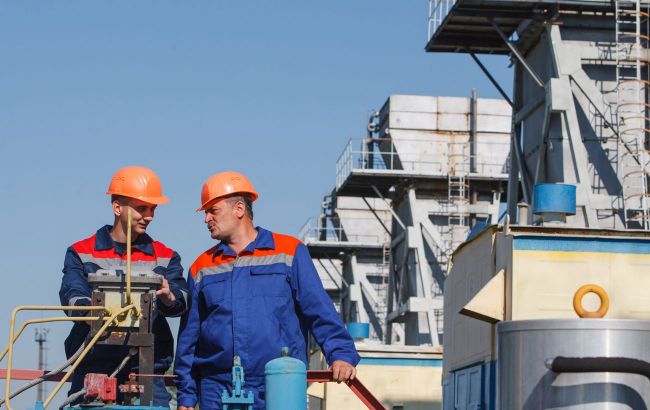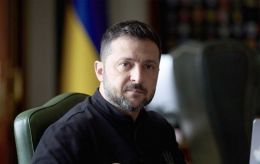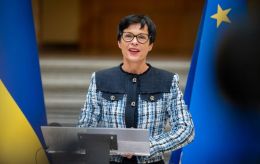Italy backs EU initiative to phase out Russian gas by 2027 over Ukraine invasion
 Italy supports EU plan to phase out Russian gas by 2027 (Illustrative photo: Getty Images)
Italy supports EU plan to phase out Russian gas by 2027 (Illustrative photo: Getty Images)
Italy fully supports the European Union's efforts to end Russian gas imports into the bloc by 2027, said Gilberto Pichetto Fratin, Italy's Minister of the Environment and Energy Security in the Meloni government, according to Reuters.
"Italy fully supports the effort," Pichetto Fratin said.
According to him, Italy imported only a small amount of Russian gas last year, most of which was re-exported to Austria. The country is now independent from Russian gas supplies.
During her visit to Washington in April, Italian Prime Minister Giorgia Meloni discussed with US President Donald Trump the potential increase in liquefied natural gas (LNG) imports from the United States to Italy.
Italy's Minister stated that any such purchase must be based on competitive pricing.
"The fact that we have increased regasification capacity means that there is room to buy more LNG if it is competitive compared with (gas arriving via) pipeline," Pichetto Fratin noted.
At the same time, he added that US LNG is currently offered at high prices by the time it reaches Europe.
EU moves away from Russian gas
Following the start of Russia's full-scale invasion of Ukraine, the issue of Russian gas supplies became a strategic concern for the European Union. Russian fuel has since been gradually pushed out of the European energy market.
According to Bloomberg, EU countries have reduced imports of Russian gas from over 40% of total supply to around 19% since the war began. However, they remain reliant on liquefied natural gas (LNG), the volume of which has reached record levels. The phase-out of Russian gas is not expected to significantly impact prices or the EU's energy security.
In early April, the EU drafted a roadmap to ban Russian gas imports by the end of 2027.
The roadmap requires a proposal by June to prohibit new contracts for Russian gas imports and to phase out short-term agreements by the end of the year.
At the same time, the European Commission ruled out the possibility of resuming Russian gas purchases after the war, stating that doing so would be a "historic mistake" for Europe.

